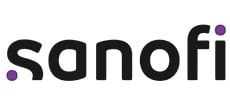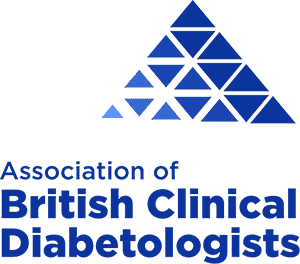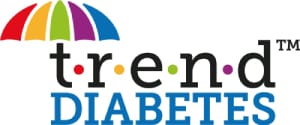Winner
Type 1 diabetes out of hours support service
by Cambridge University Hospitals NHS Foundation Trust
Cambridge University Hospitals implemented a 12-month pilot of an out-of-hours telephone support line to improve the self-management of adult patients with type 1 diabetes who have complex needs. The support line provides patients with 24-hour, seven day a week access to a specialist diabetes service, and is also available to GPs who may require out-of-hours advice. Already, data has demonstrated that emergency admissions have been prevented in 30 per cent of calls. The system is estimated to produce cost savings of £60,933 compared to the £14,100 cost to set up and maintain the service. Consideration is also being given to similar services for other long-term conditions.
Judges’ comments
“I really admired the interaction with primary care. This was an extremely useful service that proved itself with cost savings and reduced admissions and it definitely demonstrated its objectives.”
Commended
Provision of a DSN out-of-hours in-patient service
by The Pennine Acute Hospitals NHS Trust
Patients admitted to Pennine Acute Hospitals NHS Trust over the weekend period were often kept in until Monday to enable a review by a DSN. To overcome this, the DSN team conducted a pilot study at one hospital site to provide a DSN over the weekend period to reduce length of stay for patients; to prevent unnecessary diabetes related admissions over weekends; and to assess whether a DSN service over seven days was cost-effective for the Trust. The pilot scheme managed to reduce both length of stay of patient and admission to hospital beds, with estimated cost savings of more than £100,000 per year if implemented long-term.
Finalist
Targeting hypoglycaemic admissions: the Portsmouth approach
by The Diabetes In-Patient Team, Portsmouth Hospitals NHS Trust
In an effort to address the significant number of emergency admissions due to hypoglycaemia, the Portsmouth diabetes in-patient team initiated a three-pronged approach utilising the Super 6 model of community diabetes care. This involved education at GP surgery level and at local residential homes; a pathway for paramedics to highlight to the specialist team all patients having hypos; and use of the in-patient diabetes team to give specific advice on any patients admitted with hypo pre-discharge from hospital. Initial results show high satisfaction level from patients and paramedics along with a significant improvement of hypoglycaemic admissions within the Trust since start of the community model.














